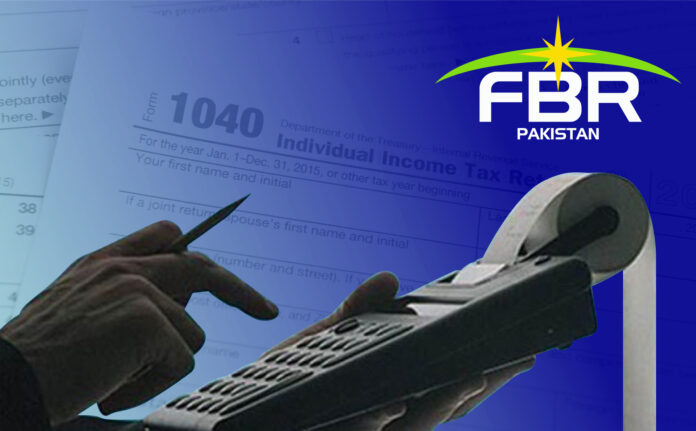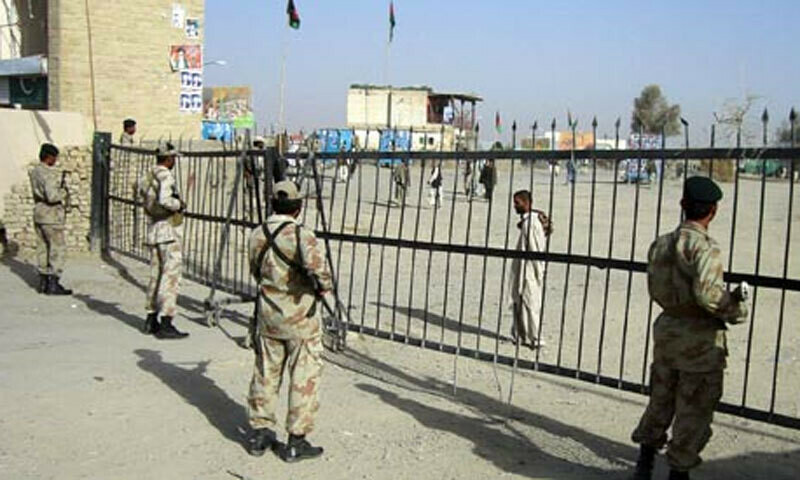TRADE & ECONOMY
Energy Minister Owais Leghari Discusses Tax on Agriculture, Power Agreements, and Circular Debt Solutions

Energy Minister Owais Leghari recently addressed the Federation of Pakistan Chambers of Commerce, announcing significant steps to address the country’s energy crisis and agricultural taxation.
Leghari revealed that a 45 percent tax has now been imposed on agriculture, emphasizing that the sector must also contribute to the national tax base. He stressed that the economy cannot thrive while relying on imports of both expensive and cheap goods and called for reforms to ensure sustainable domestic production.
In the energy sector, Leghari discussed ongoing negotiations with power generation companies on revising power purchase agreements. The Minister confirmed that agreements are in place but will be modified in consultation with Independent Power Producers (IPPs). Notably, agreements with five IPPs have already expired, while talks with 11 others are ongoing. The new arrangements aim to make electricity more affordable, with a potential reduction of up to Rs 5 per unit following the revised agreements with IPPs, including a new pact with Bagasse power plants.
A key focus of Leghari’s speech was the electricity facilitation package. Originally intended for six months, the package has been shortened to three months in accordance with the International Monetary Fund (IMF)’s recommendations. Leghari also revealed that no new IPPs will be established in Pakistan, marking a significant shift in the country’s energy strategy.
Leghari also noted that while hydroelectricity is expensive in its initial years, the government is prioritizing measures to alleviate the energy burden on consumers. The federal government is aiming to reduce its involvement in power purchasing and shift responsibility to Distribution Companies (Discos) to buy power from the private sector, further enhancing the market’s efficiency.
Addressing the issue of circular debt, Leghari revealed that the government must finance Rs 597 billion to tackle the growing crisis. He praised the formation of an independent board for Discos, which has led to a reduction in losses. However, he pointed out that the increasing number of over 125,000 net metering consumers is placing a strain on the system, adding Rs 130 billion in additional burdens.
The government’s energy reforms reflect a push for long-term stability in Pakistan's power sector while addressing economic challenges across various sectors, including agriculture and energy generation.




